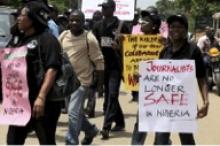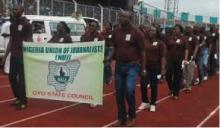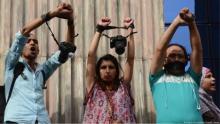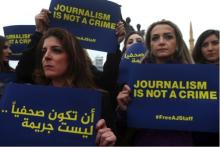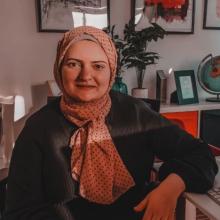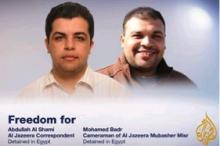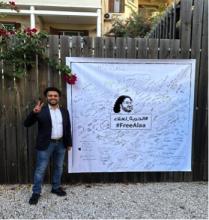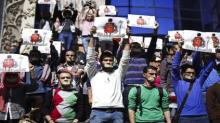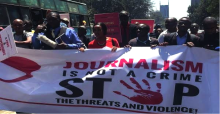Many Nigerians have taken the fight for press freedom to social media, urging authorities in the country to stop harassing journalists. Both journalists and citizens see this as the new way to highlight the plight of journalists in Nigeria.
The Committee to Protect Journalists (CPJ) warns that lack of press freedoms in Nigeria is a threat to the country’s democracy. According to the CPJ, a minimum of 14 journalists were detained, attacked or harassed while covering the February 2023 Nigerian general elections.
Nigeria is considered as one of the most dangerous countries in West Africa for journalists. This is because of the daunting challenges like government interference, physical and psychological harassment as well as intimidation that journalists have to navigate in their day to day life. Thanks to the existence of journalism professional bodies, that are sharing in these burdens so that good journalism can still thrive in the country.
There appears to be a paradox between what the regulatory environment in Egypt today and some of the provisions of the law governing the same.
Journalists, meanwhile, continue to yawn for better days for the profession as they struggle with the present and look to the past in search of the future.
Maha Salaheldin, a digital investigative and data journalist, expresses her discontent towards the current working environment for journalists.
On November 8, 2022, Bel Trew, a journalist based in Beirut, Lebanon at the time and working for The Independent tweeted that a group of journalists had been barred from entering Egypt to cover the Climate Change Conference.
“The arrests / deportations/ removal of press accreditation /entry bans have impacted reporters connected to major British media outlets from wires to TV to newspapers,” Trew said in her tweet.
Female journalists continue to fight for better spaces within which to practice journalism in Egypt.
A lot has been written about the state of media freedom in Egypt with some reports branding the country as a top jailer for journalists and others saying it operates a highly restrictive environment for the media in general.
Independent journalism based on truth, balance, fairness and justice under the Egyptian leadership of army general-turned politician Abdel Fattah El Sisi is not welcome.
However, media houses that restrict themselves on reporting about social issues, business, sports, the environment and other areas not commensurate with state activities are allowed to practice their independence, but heavily monitored by the state.
When the events of January 2011 began unfolding in the Egyptian capital, Cairo, Abdelrahman Mansour was there. Eighteen days of public demonstrations in the centre of Cairo climaxed with the resignation of President Hosni Mubarak on 11 February 2011, bringing to an end a 30-year reign.
The Freedom in the World Report 2023 ranks Kenya as “a partly free society," with an aggregated score for guaranteeing political rights and civil liberties at 52 percent – just above average.


